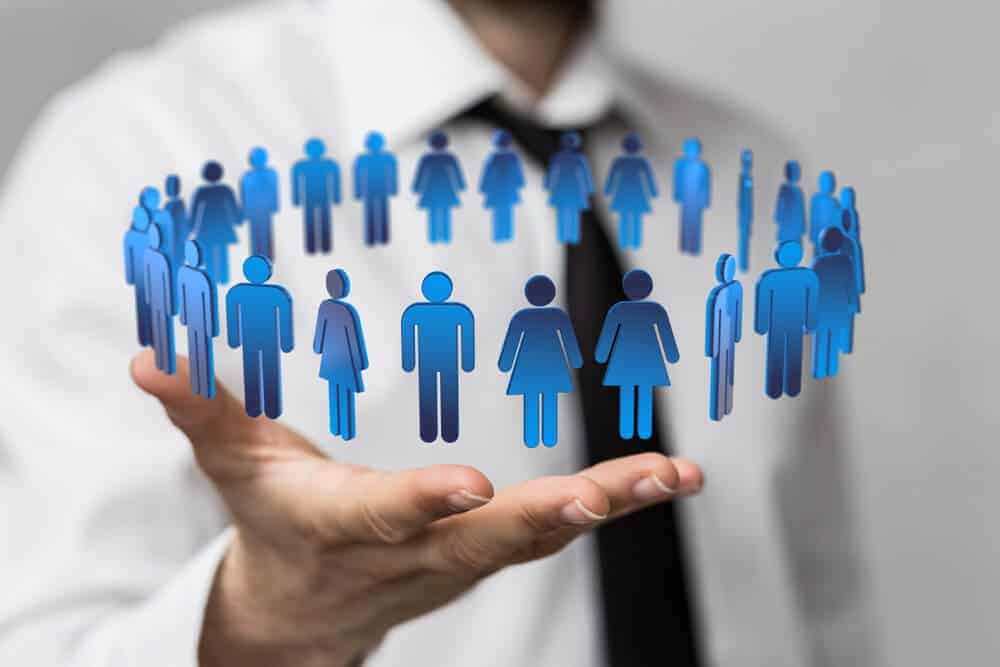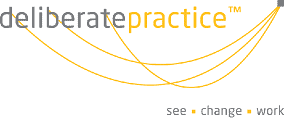Artificial Intelligence (AI) is rapidly changing organisations’ operations, and Human Resources (HR) is no exception. HR professionals are leveraging AI-powered tools to streamline processes, reduce bias, and improve the employee experience. With the ability to process large amounts of data quickly and efficiently, AI is transforming HR processes such as recruitment, onboarding, performance management, employee engagement, and predictive analytics.
Let’s explore some of the ways AI is impacting HR processes and practices.
Recruitment and Hiring
AI-powered recruitment tools can automate candidate screening and shortlisting. These tools can analyze resumes, cover letters, and other candidate data to identify the best fit for a particular role. They can also help reduce recruitment bias by removing identifying information such as gender, age, and race from candidate data. AI tools can also source candidates from multiple channels, including job boards, social media, and employee referrals, expanding the pool of potential candidates.
Onboarding
You can use AI to personalise the onboarding experience for new employees. For example, you can program chatbots to inform new hires about the company culture, benefits, and policies. AI tools can also create personalised training plans based on the employee’s role, experience, and skillset. This can help to improve employee engagement and retention.
Performance Management
AI can help HR professionals monitor employee performance in real time. For example, AI-powered tools can analyse employee communication and collaboration data to identify potential issues or areas for improvement. AI algorithms can also provide employees with personalized feedback and coaching suggestions. This can help to improve productivity and employee satisfaction.
Employee Engagement
AI can help to improve employee engagement by delivering personalised recognition and incentives. For example, AI-powered tools can analyze employee behavior and preferences to recommend relevant training courses, career development opportunities, and rewards. You can also create personalised communications and feedback based on employee preferences and communication styles with AI.
Predictive Analytics
AI can help HR professionals make data-driven decisions about workforce planning and management. For example, predictive analytics can forecast employee turnover rates, identify potential skills gaps, and predict future workforce needs. This can help HR professionals proactively address potential issues and improve workforce planning and management.
While all of this sounds wonderful, it is important to remember the critical human element. There’s no denying that AI is transforming HR processes and practices by providing more personalised, data-driven insights and automating tasks to save time and reduce bias. However, it is essential to ensure this new technology is used ethically and transparently and that employees know how you are using their data. If you are ready to incorporate AI into your organisation, we would love to hear about it.
Let deliberatepractice guide you to success
Whether boosting morale or providing development opportunities through career and executive coaching to supporting departing employees with outplacement, deliberatepractice can provide customised transition solutions to ensure your people feel valued and appreciated at all stages of the career lifecycle. As experienced HR outsourcing/ consulting professionals, deliberatepractice are here to help.
Contact us today to discuss how we can help you navigate this exciting technology.



